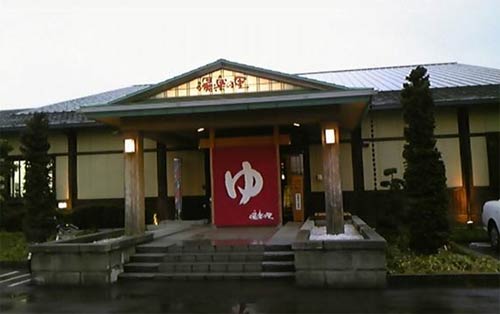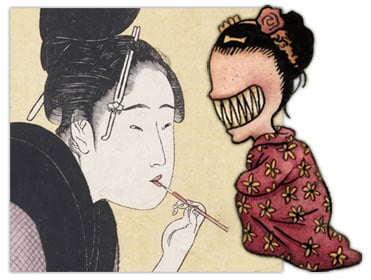The other day my wife gave me a haircut, since she insists that the place I usually go to — the barber shop located inside an onsen near my house, surely one of the greatest achievements known to man — makes it too short. When she was done giving me a trim, I shook my head and said, “Sukkiri shita!” (pronounced soo-KEE-REE shta, with a tiny pause after the first syllable and a final syllable that sounds like a cross between dee and ree), which meant, “I feel really refreshed [to have my long hair cut off]!” Sukkiri is one of an extensive group of commonly-used short adjectives that are loaded with information, and they’re fun to study because they’re so different from anything we have in English. Some others are bikkuri (bi-KOO-ree), meaning “I was so surprised”; sokkuri (so-KOO-ree), said when two people look exactly the same, pittari (pee-TAH-ree), said when something fits extremely well, e.g. that jacket fits you to a “T”; and yappari (ya-PAH-ree), meaning “on second thought” or “just as I suspected.” Some of these words are already known to some fans of Japan, like pokkari (po-KAH-ree, “to float in the air like a cloud”) which is where Pocari Sweat gets its name from, and yukkuri (yu-KOO-ree), from the famous Touhou “Take it Easy!” meme.

Let me tell you, washing off freshly cut hair in hot springs is to die for.















